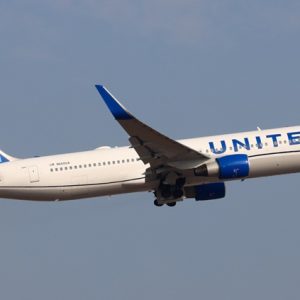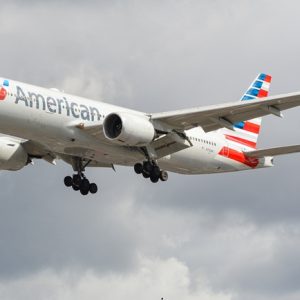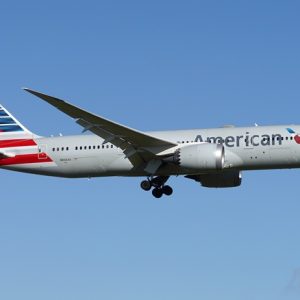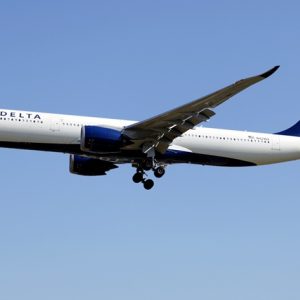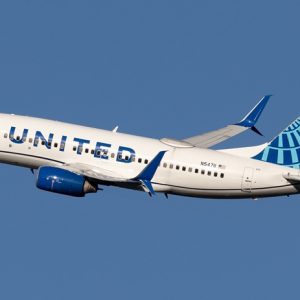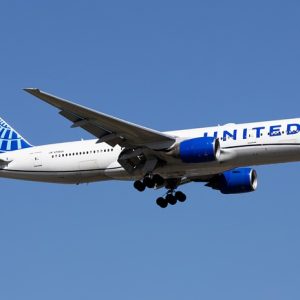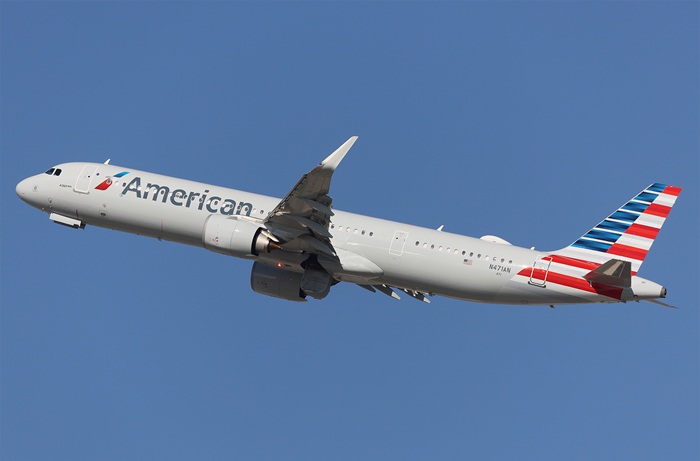
American Airlines is battling against United Airlines in Chicago. Because gates are limited at O’Hare International Airport, the city’s two largest airlines are going head-to-head to acquire more gates.
This involves negotiating with the City of Chicago, which has recently been favoring United over American. As such, the Fort Worth-based carrier has launched a lawsuit against the city. This was initially filed in federal court, but this suit was dropped, and the airline is now litigating in local court.
American alleges that the city government of Chicago is violating the terms of an agreement reached in 2018. This agreement essentially paused the allocation of preferred gates to United, with a deadline on when the city can assign preferred gates again.
American is now alleging that the city is allocating gates to United ahead of this deadline, and filed for a temporary restraining order with a federal court. Now, American has withdrawn the case and refiled with the Cook County Chancery Court.
The Case American Airlines Is Arguing
United Airlines is the largest carrier at Chicago, while American Airlines is number two. In 2018, Chicago announced plans to expand O’Hare International Airport, and it was initially agreed that United would receive a majority of the new gates.
United Airlines, the city of Chicago, and American Airlines reached a truce that would pause the allocation of new gates.
A formula determines which carrier receives more gates based on past flying, and the allocation of preferential gates, at least in American’s eyes, can only occur once three new gates were completed in American’s Terminal 3. The last of these gates was completed on March 14, 2025, and the redetermination of gates is set to occur in April 2027.
American’s court filing states that, “The Gate Redetermination would be based on airlines’ flight statistics from calendar year 2024, before all three new gates became available for American to use for additional flights, and would go into effect on October 1, 2025.
Unsurprisingly, the Gate Redetermination requested by United would benefit United and harm American. Indeed, Defendants recently announced that, if the Gate Redetermination proceeds, United will receive approximately 5 more gates, while American will lose approximately 4 gates.”
The Status Of American’s Lawsuit Against Chicago
The City of Chicago assigning more gates to United allows the carrier to grow much faster than American, while also resulting in American losing gates. The carrier filed for a temporary restraining order with a federal court to stop this process.
American was unable to obtain the restraining order, but did not receive an adverse ruling. American has refiled with the Cook County Chancery Court.
The battle in Chicago will certainly be interesting to observe, as this can have significant consequences for both carriers. United, of course, is Chicago’s hometown airline, and O’Hare has historically been the carrier’s largest hub.
American, meanwhile, has been losing ground against United while also falling behind both Delta and United in overall profits.
This comes as part of a massive, multibillion-dollar renovation and expansion project. Dubbed “O’Hare 21,” this project will see the expansion of Terminal 3 and Terminal 5, along with a new “O’Hare Global Terminal” to replace Terminal 2.
This new terminal will be the second to contain a US Customs and Border Protection facility, allowing United as well as American to expand international operations. Currently, the project is set to be completed by 2034.
Why Would The City Of Chicago Favor United
United Airlines is the largest airline in Chicago, and while a judgment hasn’t been made on whether the City of Chicago acted correctly in granting United more gates, what’s clear is that it is in Chicago’s best interests to ensure that United continues to succeed.
This is because United’s corporate headquarters are located in the Windy City, yet this may not always be the case.
In recent years, United has explored moving its headquarters to Denver, Colorado. Colorado tends to offer lower corporate tax rates than Illinois, and the company already has significant operation centers in the city. Furthermore, while Chicago was United’s largest hub, that title now belongs to Denver International Airport.
Commercial aviation is inherently political. Both states would offer significant incentives for United to base its corporate operations there, but seeing as how United is looking to shift away from Chicago, this puts the incumbent at a disadvantage.
Therefore, Chicago is incentivized to accommodate United over American, though the final result will be up to the courts.
